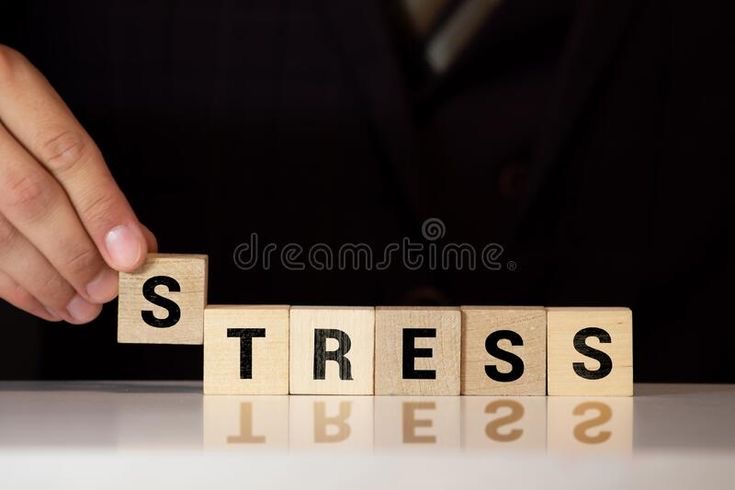Stress Awareness Day
Today is Stress Awareness Day, so I thought i would follow on from my previous blog about how stress affects the body with some mindful ways we can deal with stress.
Mindful Ways to Deal with Stress: Finding Calm in the Chaos
In today’s fast-paced world, stress seems almost inevitable. Deadlines, responsibilities, and constant notifications can make us feel overwhelmed and out of control. Mindfulness—intentionally focusing on the present moment—can be a powerful antidote to stress. By bringing calm and awareness into our lives, we create space for balance and resilience. Here are some mindful ways to navigate stress and find your centre.
1. Practice Deep Breathing:
Why: Deep breathing stimulates the parasympathetic nervous system, calming the body and reducing the stress response
2. Engage in Mindful Movement
Why: Moving mindfully helps release physical tension and boosts endorphins, our body’s natural stress relievers.
How: Activities like yoga, tai chi, or a simple stretching routine can become mindful practices.
3. Take a Mindful Break
Why: Pausing during the day creates space for perspective, helping us to approach tasks with renewed focus and calm.
How: Set aside time each day, even for just five minutes, to pause. Use this time to step away from screens, sit quietly, or take a mindful walk. The goal is to allow your mind to rest, resetting your mental energy.
4.Gratitude
Why: Gratitude shifts our focus from what’s wrong to what’s right, encouraging a more positive mindset that’s linked to better stress management.
How: Write down three things you’re grateful for every morning. They don’t have to be big—small joys like a good cup of coffee or a conversation with a friend can create a sense of well-being.
5.Limit Multitasking
Why: Multitasking can add to mental overload and increase stress, whereas focusing on one task at a time enhances productivity and calmness.
How: Set a timer and focus on a single task for a set amount of time, like 25 minutes. This technique encourages concentration and provides a sense of accomplishment with each completed interval.
6.Practice Self-Compassion
Why: Often, we are our own harshest critics, which can increase stress. Practicing self-compassion can help us be gentler with ourselves, reducing internal pressure.
How: When you notice self-critical thoughts, try to reframe them. Ask yourself what you would say to a friend in a similar situation, and then extend that kindness to yourself.
7.Set Boundaries with Technology
Why: Constant notifications and social media can fuel stress and anxiety, making it hard to find moments of peace.
How: Try setting “phone-free” times during the day, like the first hour after you wake up or the hour before bed. Creating tech-free zones, like the bedroom or dining area, can also encourage mindful relaxation.
Making Mindfulness a Habit
Incorporating mindfulness into your life doesn’t mean eliminating stress entirely, but it helps you navigate it with more clarity and calm. Try experimenting with one or two of these practices, finding what resonates with you. Over time, these mindful habits can help you build resilience, allowing you to handle life’s challenges with greater ease.
Remember, mindfulness is a journey. Approach it gently, and give yourself permission to pause.
How Reflexology Eases Stress
Reflexology works by activating the body’s natural healing response. When pressure is applied to specific reflex points, it can release tension, reduce anxiety, and promote a deep sense of relaxation. This response is largely due to the way reflexology helps stimulate the parasympathetic nervous system, which controls our “rest and digest” mode, counteracting the “fight or flight” stress response.
Benefits of Reflexology for Stress
Reduces Tension and Anxiety: Reflexology sessions allow the body to release built-up tension, helping to ease both physical and emotional stress.
Improves Sleep Quality: Many people report better sleep after reflexology, which is essential for overall well-being and helps the body recover from stress.
Promotes Mindfulness: Reflexology encourages you to slow down and focus on your body, providing a mindful escape from daily pressures
Reflexology is a natural and gentle way to reduce stress, offering moments of peace and calm in our hectic world. Whether used alone or alongside other wellness practices, it can be a valuable part of a holistic approach to managing stress.
If you would like more information or would like to book an appointment please contact me via the form on the website.


